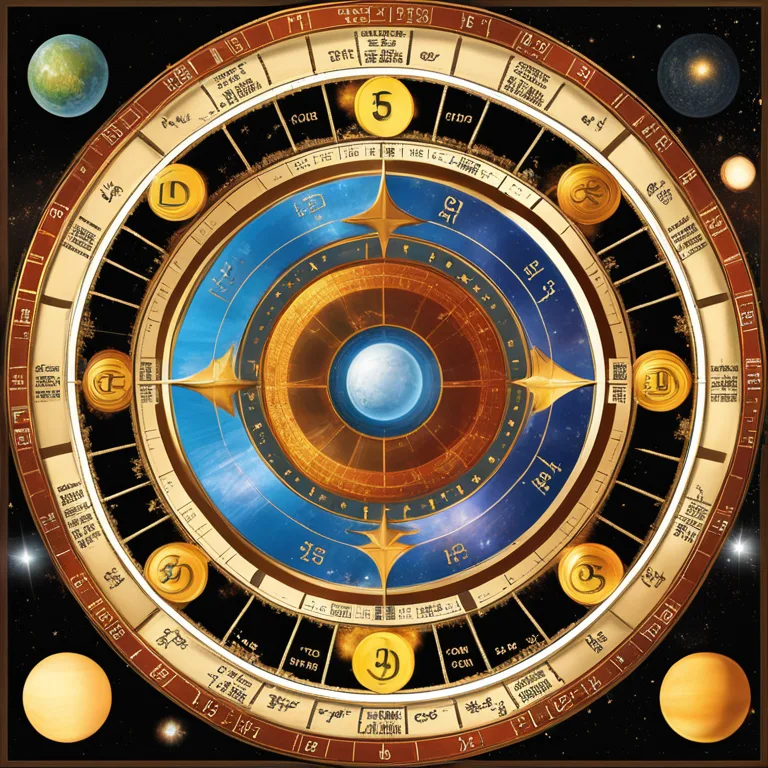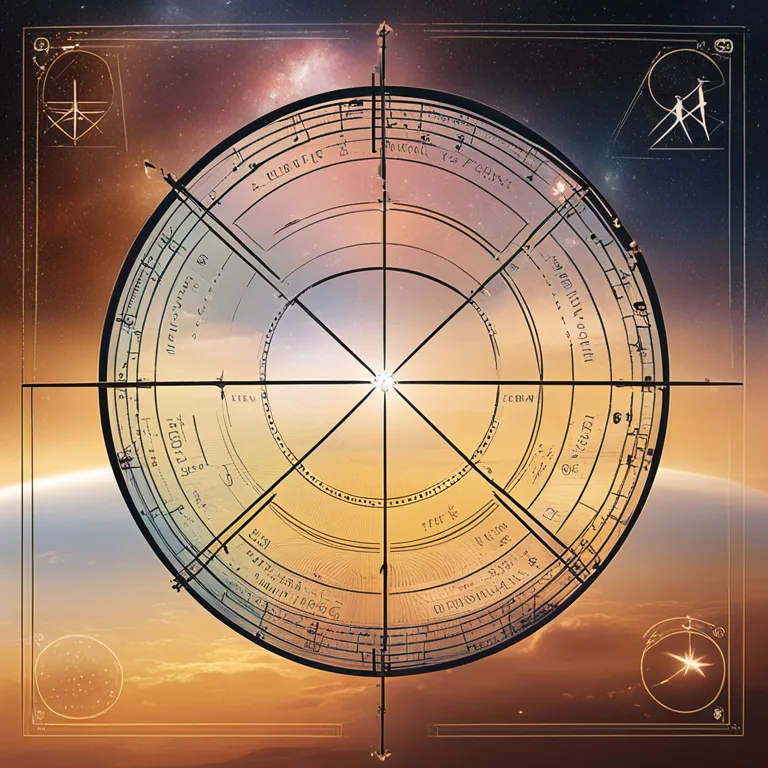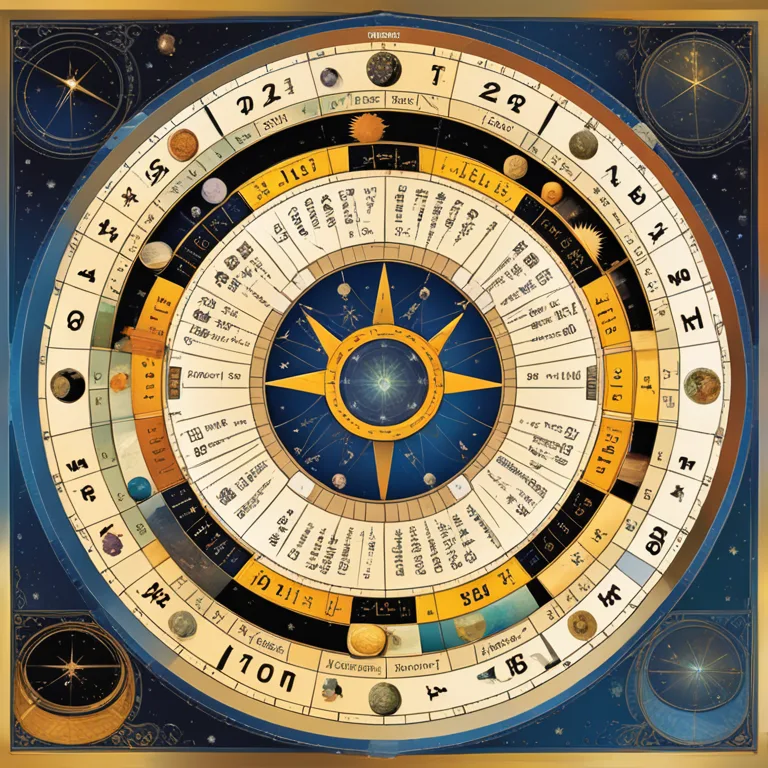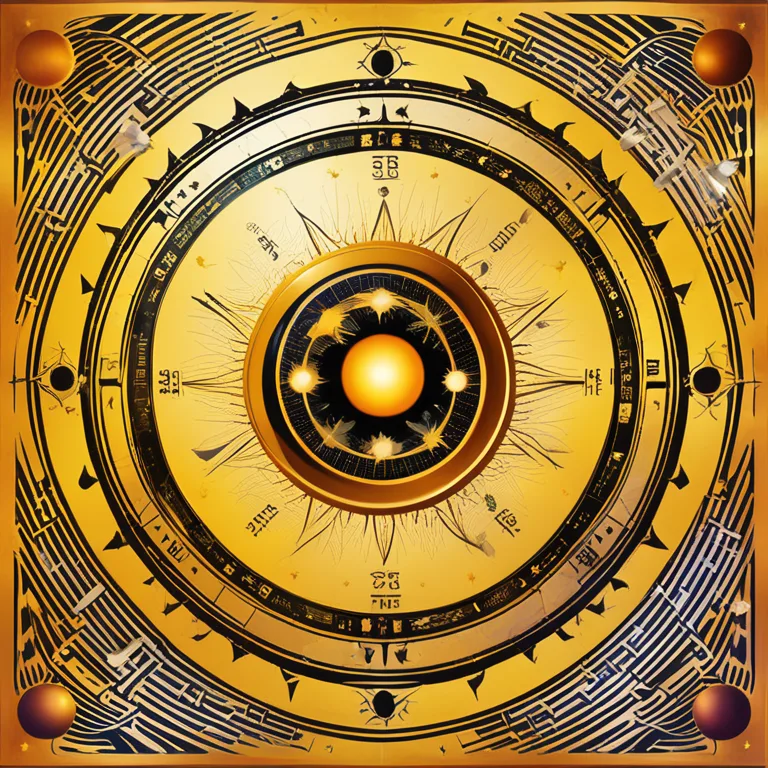
Your Birth Chart Immutability
Delve into the constancy of birth charts and whether life events can incite changes in your astrological blueprint.
article by Priya Deshmukh
The Birth Chart Fundamentals
Birth charts, also known as natal charts, are astrological snapshots of the heavens at the moment a person is born. They map the positions of the sun, moon, planets, and zodiac constellaries, each of which is believed to influence an individual's personality, life events, and destiny. The chart is divided into twelve segments, known as houses, which represent different areas of life. Given that these celestial coordinates are fixed based on one's birth time and location, the core elements of a birth chart remain constant throughout a person's life – they are the foundation of one's astrological DNA.

Transits and Progressions
While a natal chart does not change, the movement of the planets after one’s birth – known as transits – can interact with the natal chart in significant ways. Transits involve current planetary movements that form aspects with the positions in the birth chart, potentially activating different energies or life events. Similarly, secondary progressions move the planets and points of the chart forward at a symbolic rate (one day equals one year). These dynamic factors can spark growth, challenges, and changes, showcasing the ever-evolving dance between the static natal chart and the living individual.

Solar Returns and Varshaphal
Another aspect of astrology that introduces change over time is the solar return chart, which is cast every year when the sun returns to its natal position, marking one's birthday. This chart can give insights into the themes and energies of the coming year. Likewise, in Vedic astrology, the Varshaphal (annual chart) highlights yearly changes and has its own vitality apart from the birth chart. These methods underscore the intersection of the permanent and transient forces at play throughout our lives.

Astrology and Personal Growth
The relationship between one's birth chart and personal evolution is a complex one. As individuals navigate through life, making choices and experiencing consequences, it is often considered that the chart’s influence may be experienced differently. Growth and self-awareness might change how we respond to the chart's indications, suggesting that while the blueprint remains unaltered, its expression through a person's actions and reactions can evolve.

The Fixed and the Mutable
Astrologers argue that while the natal chart is a fixed representation, human free will and consciousness allow us to work with these energies with varying degrees of success and mastery. Essentially, although the birth chart does not change, our understanding and manifestation of its energies can shift dramatically. This perspective aligns with the cosmological mindset that acknowledges both fate and free will's roles in the unfolding of an individual's life.
Scientific Considerations
From a scientific standpoint, astrology does not hold water as a predictive or deterministic system. Critics argue that the apparent accuracy of astrological predictions is often due to the Barnum effect, where statements are worded generally enough to apply to a wide range of people. Despite this skepticism, astrology remains a cultural phenomenon that many find valuable for introspection and personal narrative.
Published: 12/22/2023
Modified: 12/22/2023
More predictions
Come back here soon to learn more about yourself and your future



